Donald Trump accuses 'special interests' pushing TPP trade deal of 'rape'
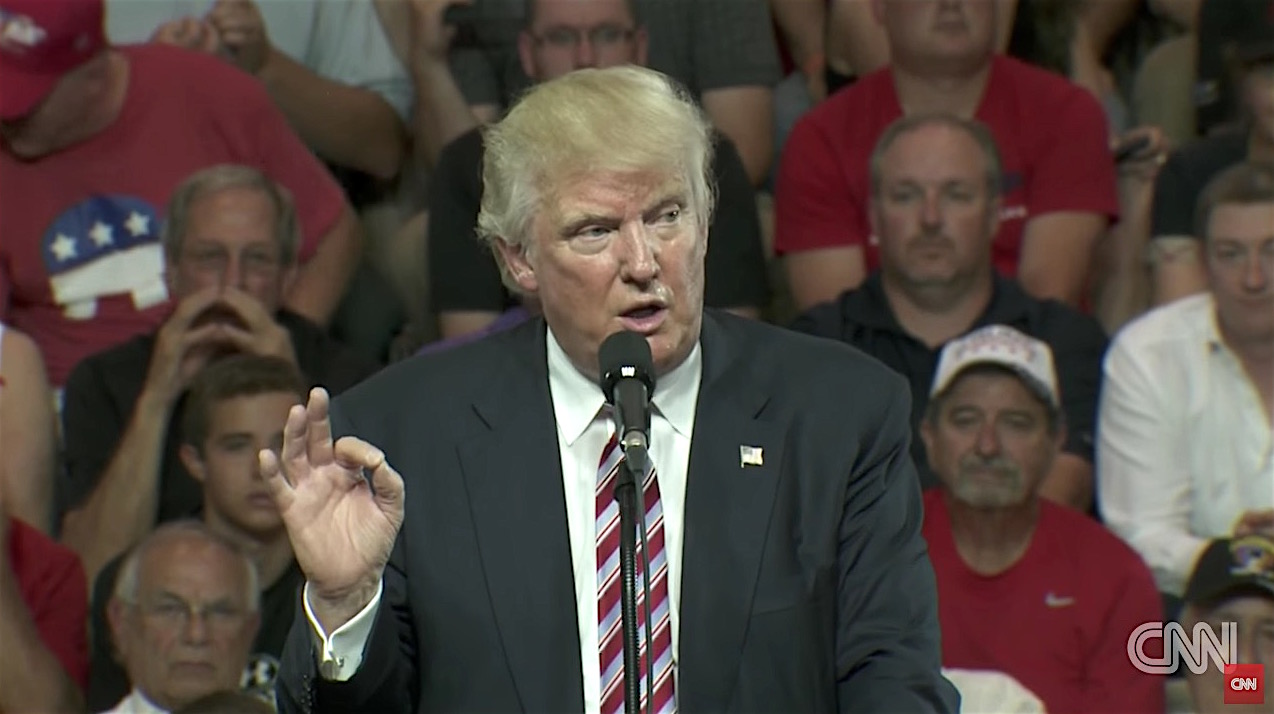

On Tuesday, Donald Trump gave a scripted speech, with teleprompter, in front of a wall of garbage in Pennsylvania, then a more extemporaneous one in St. Clairesville, Ohio. The tone was different, but the message was the same: Free trade deals are bad. "The Trans-Pacific Partnership is another disaster, done and pushed by special interests who want to rape our country — just a continuing rape of our country," Trump said. "That's what it is, too — it's a harsh word. It's a rape of our country. This is done by wealthy people that want to take advantage of us and that want to sign another partnership."
This is not the first time Trump has bashed trade deals, nor is it the first time he has equated free trade with rape. And while Trump is clearly aiming to win over Rust Belt communities in the Midwest, his language is at odds with decades of Republican Party advocacy of unfettered free trade, and he faced immediate criticism from Republican business leaders and business groups typically aligned with the GOP. "Under Trump's trade plans, we would see higher prices, fewer jobs, and a weaker economy," tweeted the U.S. Chamber of Commerce, adding in another tweet: "Even under best case scenario, Trump's tariffs would strip us of at least 3.5 million jobs."
Trump, in his speeches, promised to pull out of NAFTA and withdraw from the TPP, which has not been ratified by Congress. And he criticized his likely Democratic presidential opponent Hillary Clinton, taking credit for Clinton withdrawing her support for TPP. You can watch Trump's "rape" comments below. Peter Weber
Subscribe to The Week
Escape your echo chamber. Get the facts behind the news, plus analysis from multiple perspectives.

Sign up for The Week's Free Newsletters
From our morning news briefing to a weekly Good News Newsletter, get the best of The Week delivered directly to your inbox.
From our morning news briefing to a weekly Good News Newsletter, get the best of The Week delivered directly to your inbox.
Sign up for Today's Best Articles in your inbox
A free daily email with the biggest news stories of the day – and the best features from TheWeek.com
Peter has worked as a news and culture writer and editor at The Week since the site's launch in 2008. He covers politics, world affairs, religion and cultural currents. His journalism career began as a copy editor at a financial newswire and has included editorial positions at The New York Times Magazine, Facts on File, and Oregon State University.
-
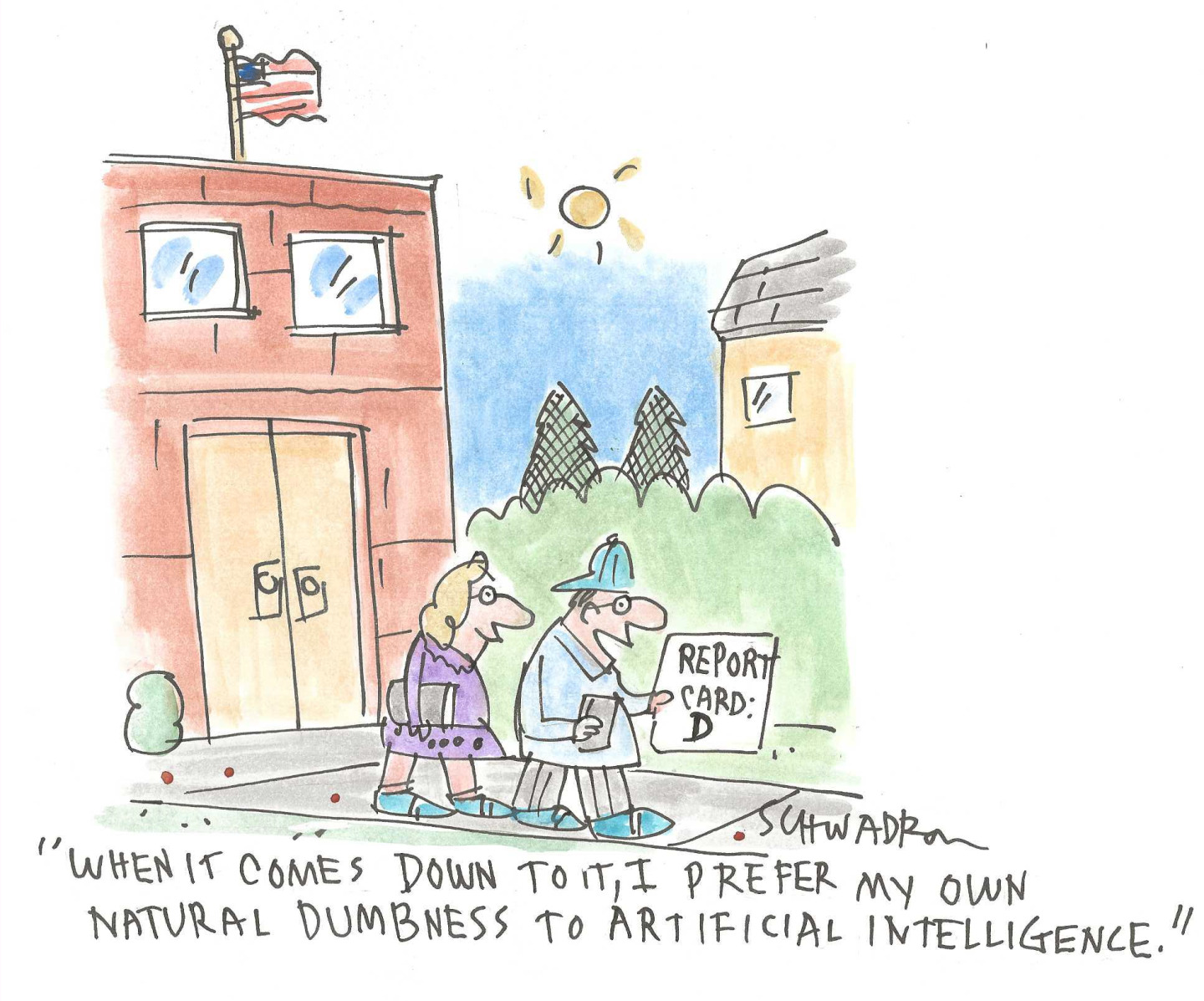 Today's political cartoons - May 10, 2025
Today's political cartoons - May 10, 2025Cartoons Saturday's cartoons - artificial intelligence, cryptocurrency, and more
-
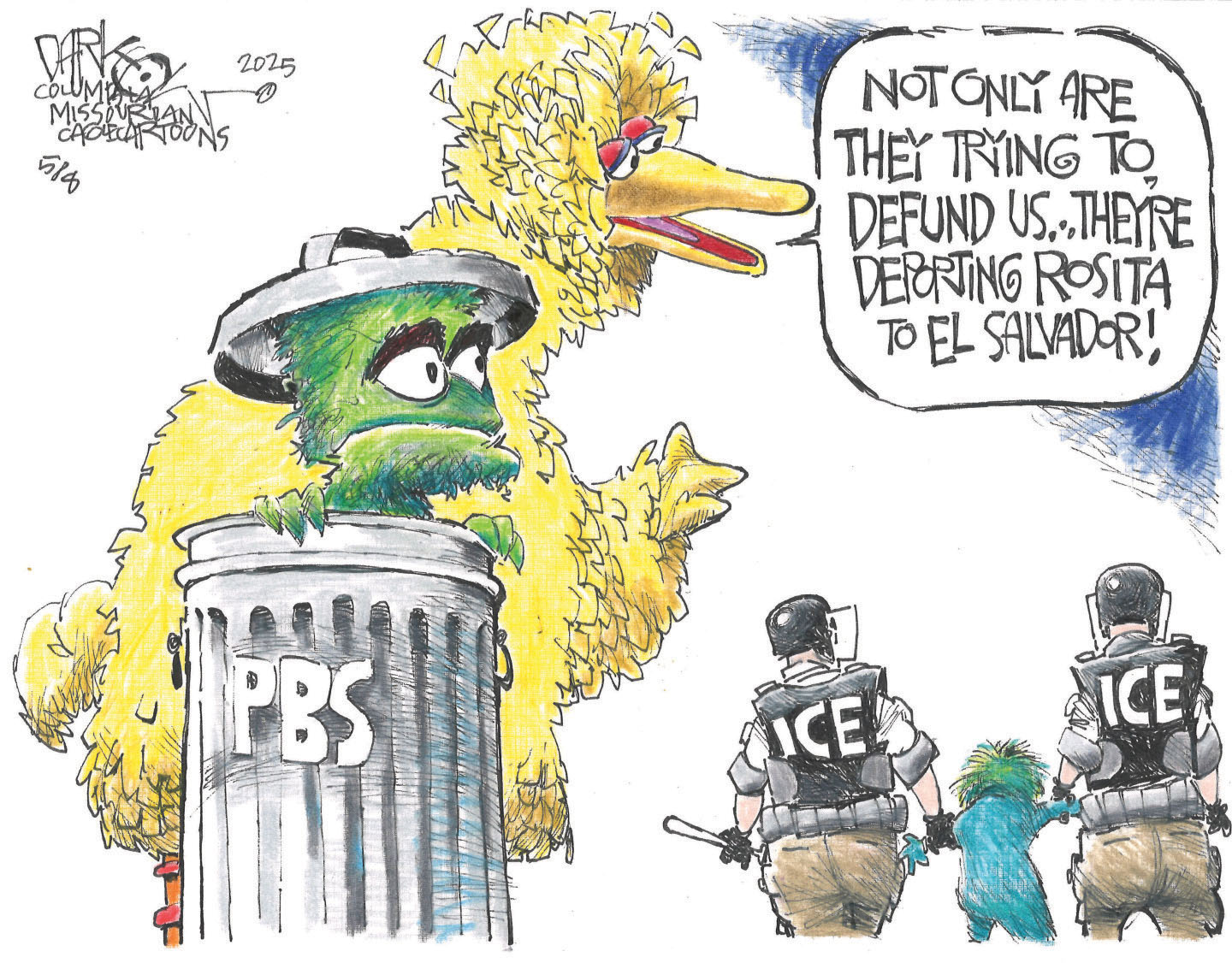 5 streetwise cartoons about defunding PBS
5 streetwise cartoons about defunding PBSCartoons Artists take on immigrant puppets, defense spending, and more
-
 Dark chocolate macadamia cookies recipe
Dark chocolate macadamia cookies recipeThe Week Recommends These one-bowl cookies will melt in your mouth
-
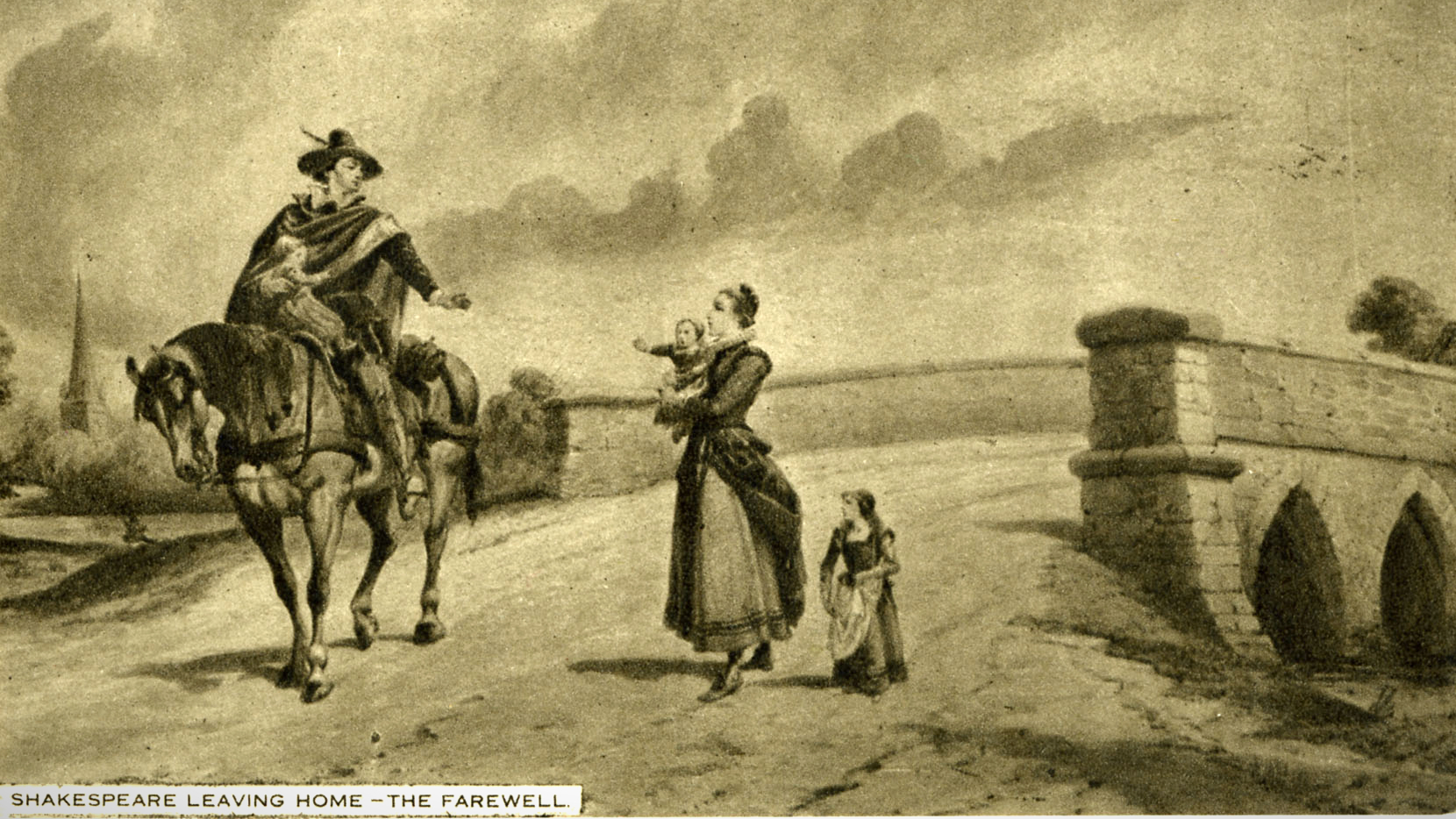 Shakespeare not an absent spouse, study proposes
Shakespeare not an absent spouse, study proposesspeed read A letter fragment suggests that the Shakespeares lived together all along, says scholar Matthew Steggle
-
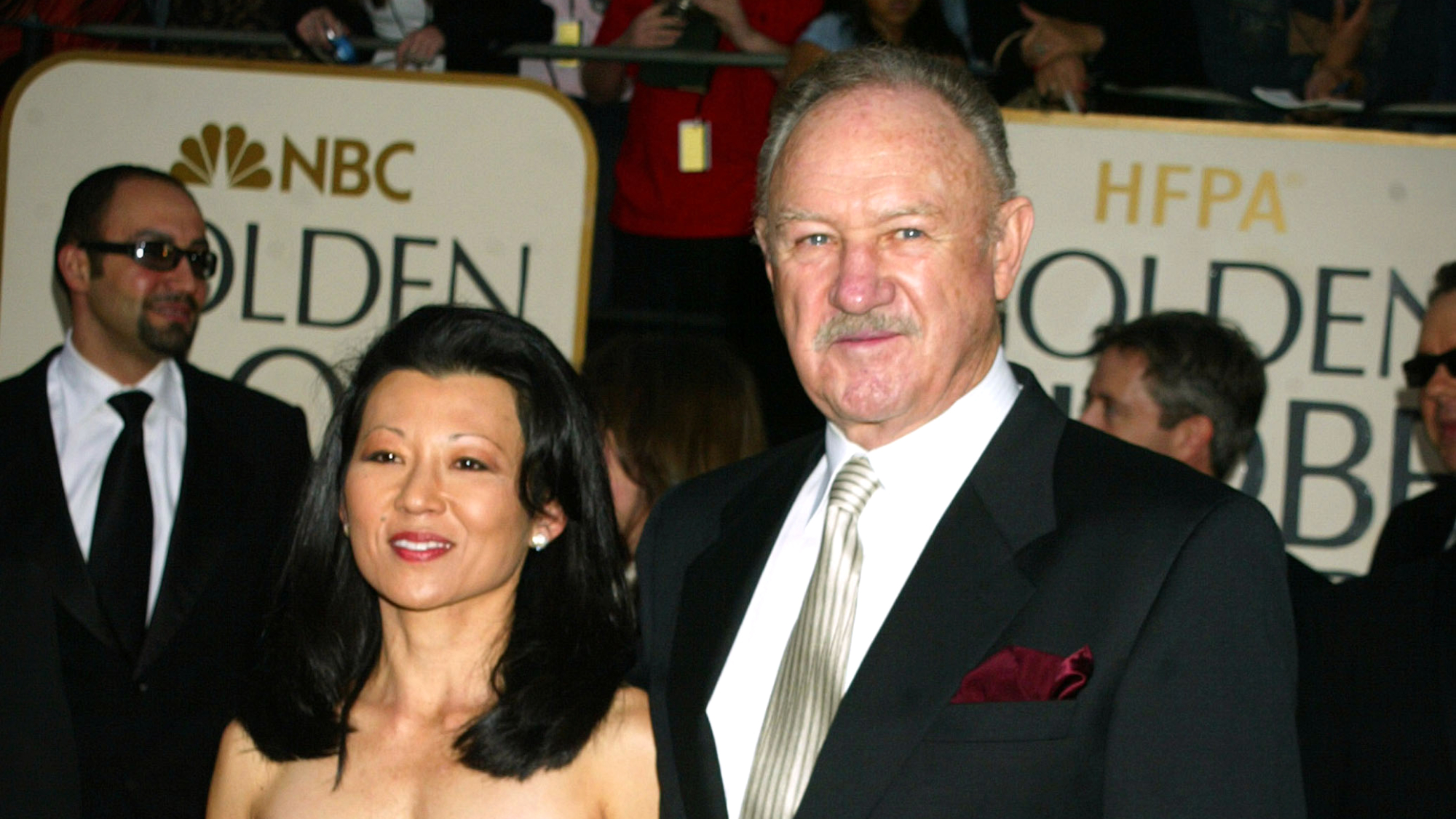 New Mexico to investigate death of Gene Hackman, wife
New Mexico to investigate death of Gene Hackman, wifespeed read The Oscar-winning actor and his wife Betsy Arakawa were found dead in their home with no signs of foul play
-
 Giant schnauzer wins top prize at Westminster show
Giant schnauzer wins top prize at Westminster showSpeed Read Monty won best in show at the 149th Westminster Kennel Club dog show
-
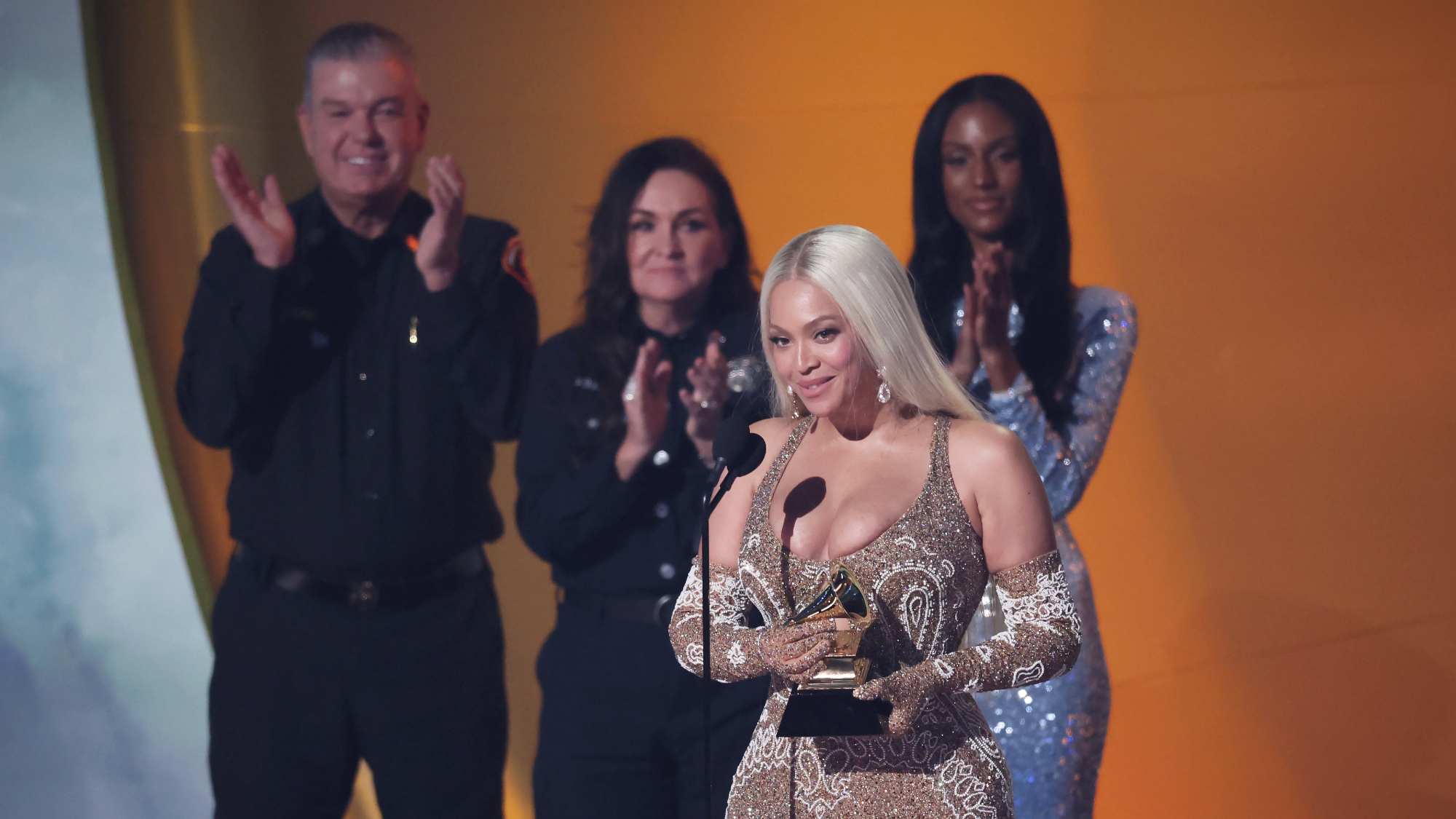 Beyoncé, Kendrick Lamar take top Grammys
Beyoncé, Kendrick Lamar take top GrammysSpeed Read Beyoncé took home album of the year for 'Cowboy Carter' and Kendrick Lamar's diss track 'Not Like Us' won five awards
-
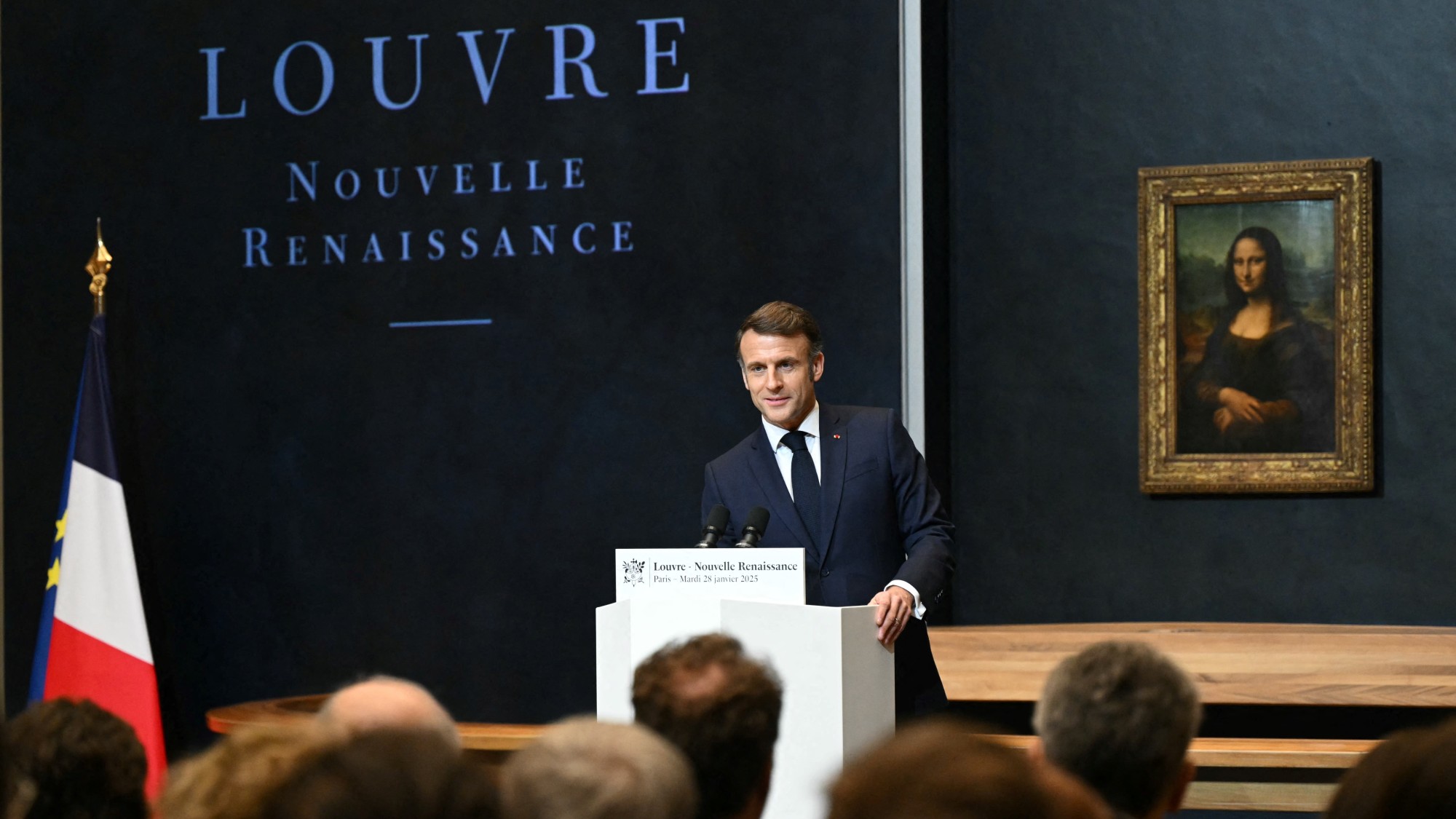 The Louvre is giving 'Mona Lisa' her own room
The Louvre is giving 'Mona Lisa' her own roomSpeed Read The world's most-visited art museum is getting a major renovation
-
 Honda and Nissan in merger talks
Honda and Nissan in merger talksSpeed Read The companies are currently Japan's second and third-biggest automakers, respectively
-
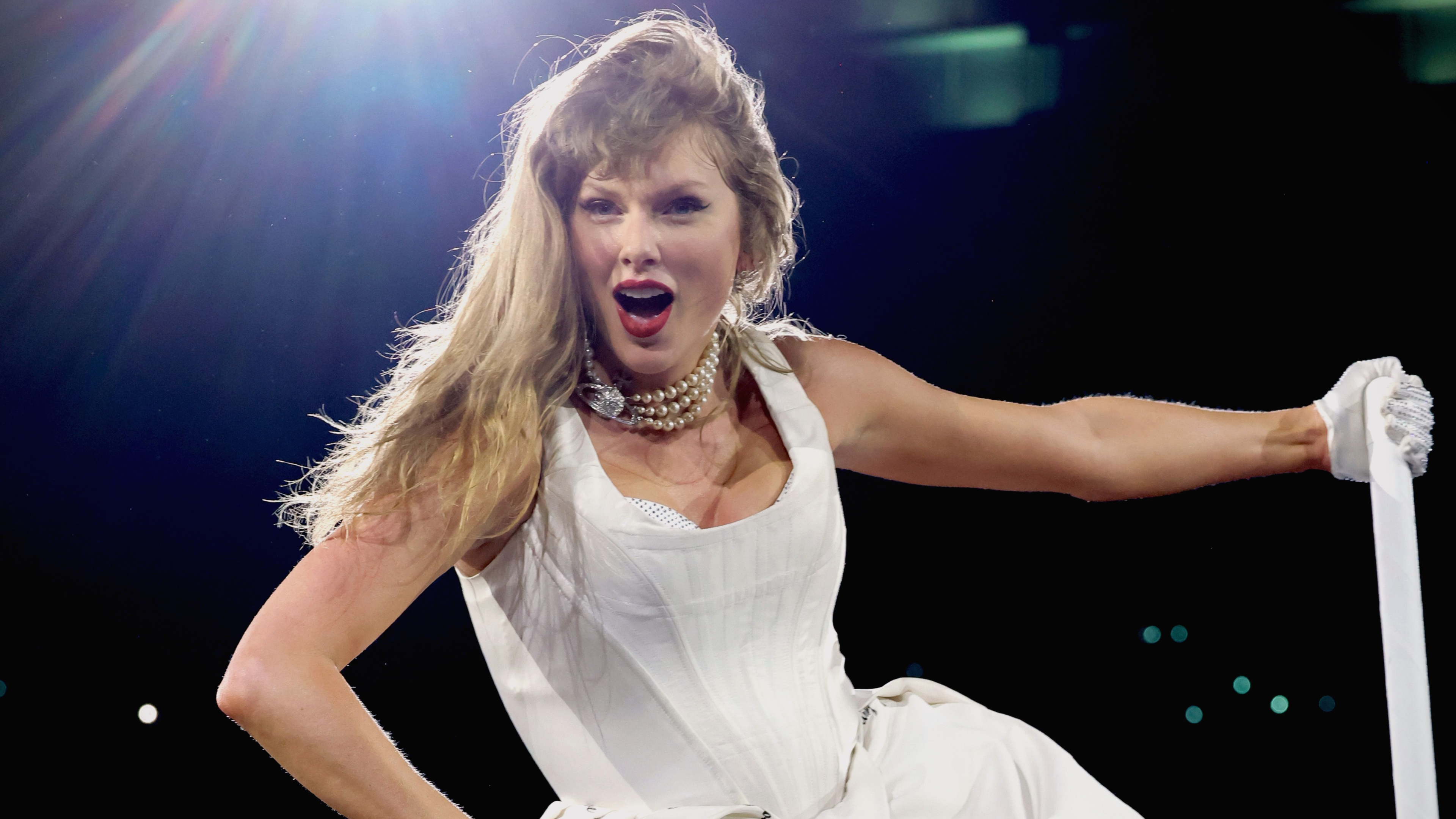 Taylor Swift wraps up record-shattering Eras tour
Taylor Swift wraps up record-shattering Eras tourSpeed Read The pop star finally ended her long-running tour in Vancouver, Canada
-
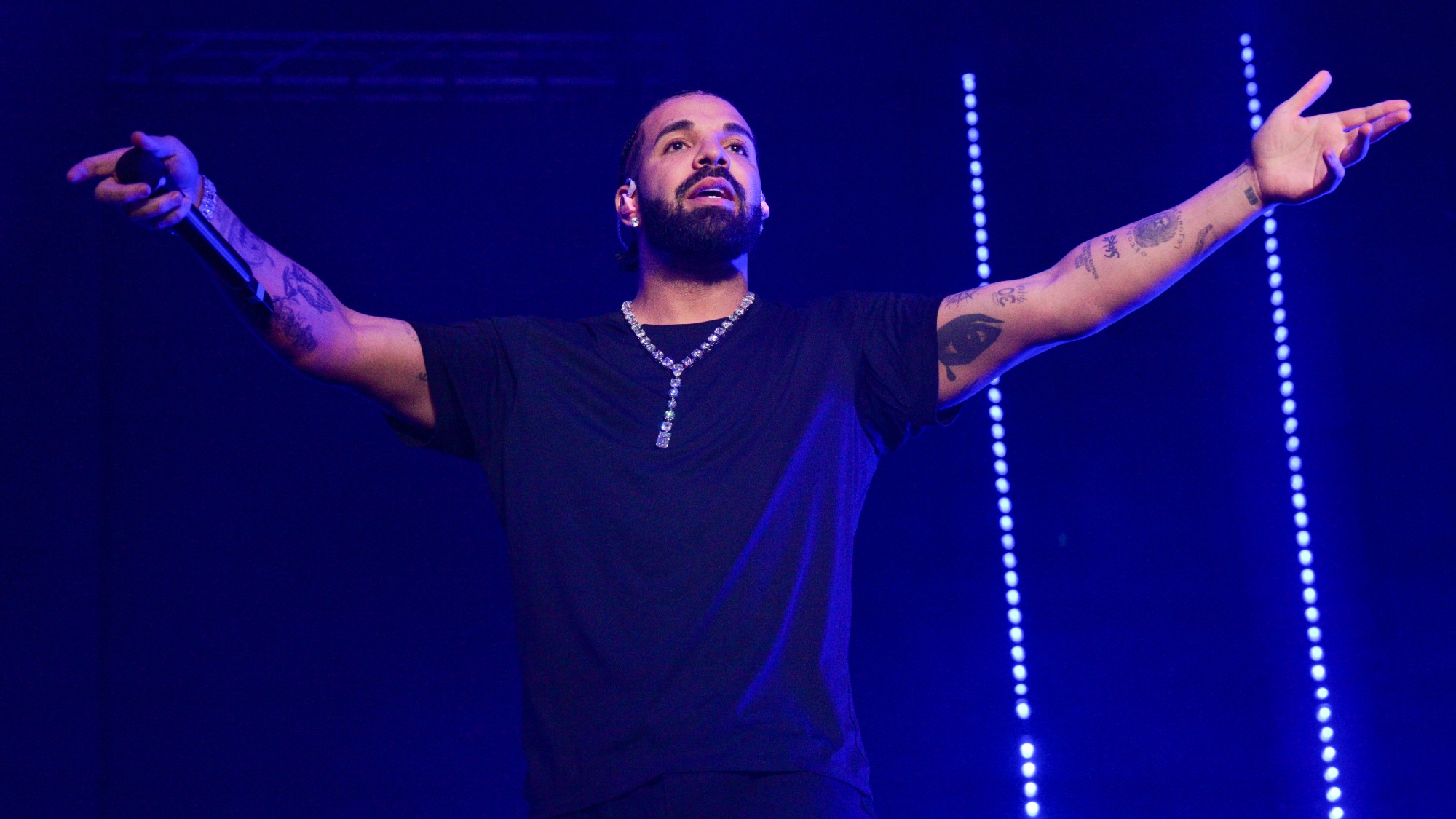 Drake claims illegal boosting, defamation
Drake claims illegal boosting, defamationSpeed Read The rapper accused Universal Music of boosting Kendrick Lamar's diss track and said UMG allowed him to be falsely accused of pedophilia